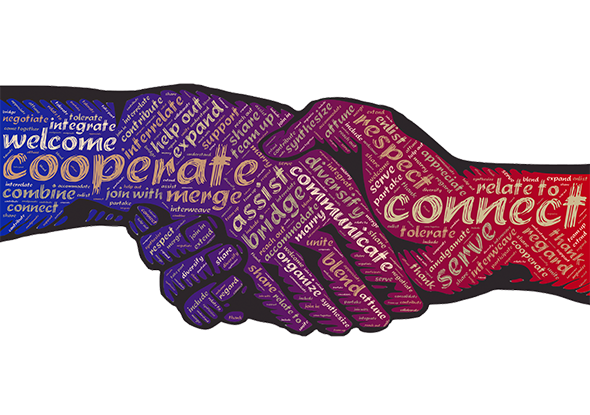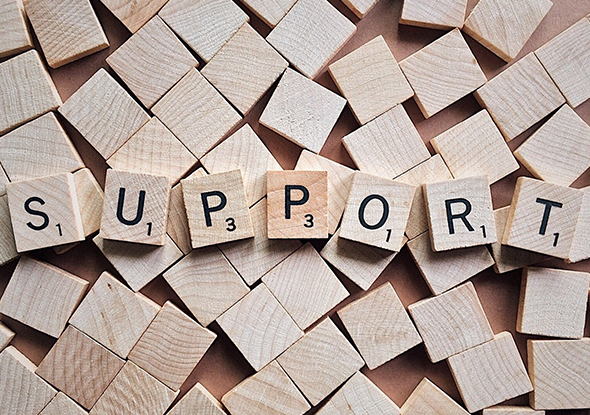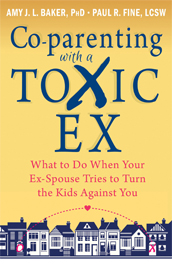Is Mediation The Best Option During A Divorce?

- This blog contains affiliate links, which we may receive a commission for purchases. The decision is yours, whether or not you decide to buy.
In this article we’ll discuss whether mediation is right for you if you’re going through a divorce.

Divorce can be a challenging and stressful process, and couples going through it often face difficult decisions about property, spousal support, and child custody.
While court proceedings have traditionally been the go-to method for resolving these issues, mediation is increasingly being considered as an alternative option.
Mediation involves a neutral third party, known as a mediator, who assists the couple in negotiating their settlement. At the same time, Blackheath family law experts also suggest that mediation is a highly effective way of managing the divorce process and arriving at a settlement that is agreeable to both parties.
In this article, we will explore whether mediation is the best option during a divorce and examine the pros and cons of choosing mediation over court proceedings.
What is Mediation?
Mediation is a process where a neutral third party, known as a mediator, helps couples in a divorce negotiate their settlement. The mediator's role is to facilitate communication between the parties and help them reach a mutually agreeable resolution. Unlike traditional court proceedings, mediation is not adversarial, and the goal is to find a solution that works for both parties.

The Pros of Mediation
There are several benefits to choosing mediation over traditional court proceedings. One of the most significant advantages of mediation is the cost. Mediation is often less expensive than going to court, as there are no court fees or attorneys' fees to pay.
Mediation can also be quicker than traditional court proceedings, which can drag on for months or even years. With mediation, couples can often reach a resolution within a few sessions.
Another advantage of mediation is the level of control that couples have over the outcome. In court proceedings, a judge makes the final decision, which may not be in line with either party's wishes. Mediation allows couples to come up with a settlement that is tailored to their needs and priorities.
Finally, mediation can help minimise the negative emotions associated with divorce. Because the process is collaborative, it can lead to a more amicable and peaceful resolution. Mediation can also help couples maintain a level of respect and dignity for each other, which can be important if they have children and will need to continue to co-parent after the divorce.
The Cons of Mediation
While there are many benefits to choosing mediation, there are also some drawbacks to consider. One disadvantage is that mediation requires both parties to be willing to negotiate and compromise. If one party is not willing to participate or is not willing to compromise, mediation may not be successful.
Another disadvantage of mediation is that it is not legally binding. While couples can come up with a settlement agreement during mediation, they will still need to have it approved by a court to make it legally binding. If one party changes their mind after mediation, they may be able to contest the settlement agreement in court.
Finally, mediation may not be appropriate for all situations. In cases where there is a history of abuse or domestic violence, mediation may not be the best option. Similarly, if one party is trying to hide assets or is not being truthful, mediation may not be effective.
When to Choose Mediation over Court Proceedings
While mediation may not be the best option for every divorce case, there are several situations where it may be the preferred choice. If the couple has a good working relationship and is willing to compromise, mediation can be an effective way to reach a settlement quickly and amicably.
Mediation can also be helpful in cases where there are children involved, as it can help couples work together to create a parenting plan that is in the best interests of the children.
Mediation can also be useful in cases where the couple want to maintain privacy. Court proceedings are a matter of public record, which means that anyone can access the details of the divorce settlement.
Mediation, on the other hand, is private, which can be important for individuals who value their privacy.

Final thoughts
In conclusion, mediation can be an effective way to manage the divorce process and reach a settlement that is tailored to the needs of each party. It can also provide a solution that can help couples overcome the challenges associated with divorce.
Please be advised that this article is for general informational purposes only, and should not be used as a substitute for advice from a trained legal professional. Be sure to consult a lawyer/solicitor if you’re seeking advice on divorce and mediation. We are not liable for risks or issues associated with using or acting upon the information on this site.
PHOTO CREDITS: DIMHOU JOHNHAIN WOKANDAPIX GUSTAVO FRING
You may also like
Books
Buy now from Amazon
Podcast
If you’re looking for some straight-up, positive advice on topics that affect your daily life, then check out The Sue Atkins Parenting Show. Each week Sue bare will discuss every possible aspect of your parenting challenges, from weaning to whining, boundaries round technology to stroppy teens. You’ll get practical tips, techniques and advice that really work- and it’s all totally free.
Articles
- 5 Ways To Parent With A Narcissist
- How To Be Great Parents Through Separation And Beyond
- Divorce From A Child's Perspective
Videos
Practical advice and tips from professionals on what to do with issues and challenges around divorce from parenting to finance.
Events
Practical tips & advice designed to help people going through divorce, whether online or in person.
Useful links
Here's a selection of organistaioins from parenting to finance to help you with your divorce.
Legal professionals
Related Posts
-

The Real Cost of Divorce: Hidden Expenses and Smart Savings
-

Support For Men Going Through Divorce: Finding Community, Guidance, And Strength
-

Is Your Phone Ruining Your Marriage? The Real Link Between Social Media And Divorce
-

5 Essential Tips For A Joyful, Stress-Free Christmas As A Divorced Or Divorcing Parent
-

How to Rebuild & Heal Your Life After Divorce

.jpg)

.jpg)



.jpg)

